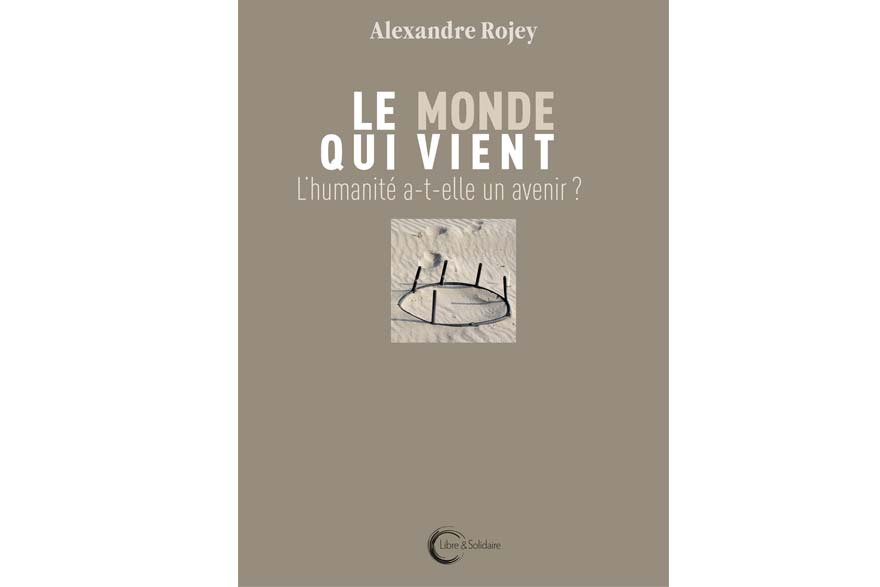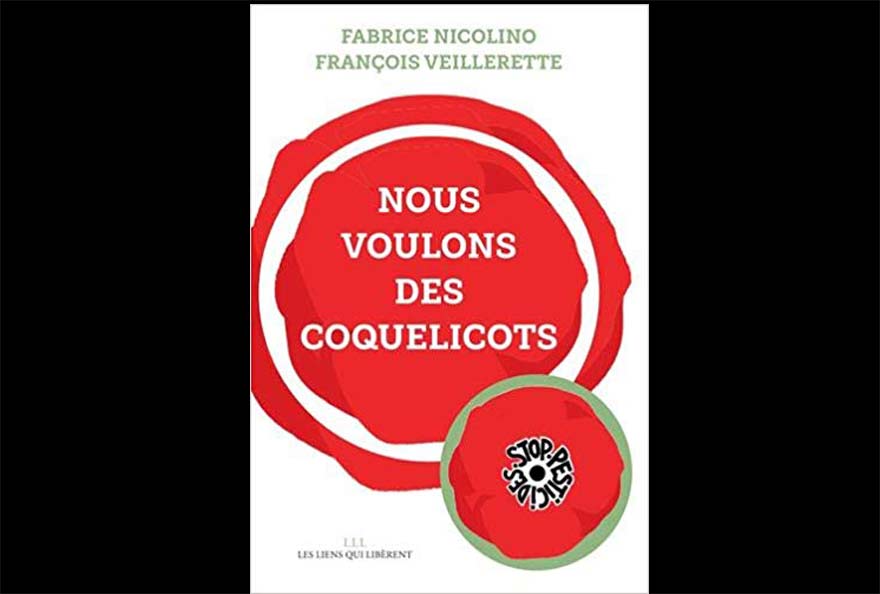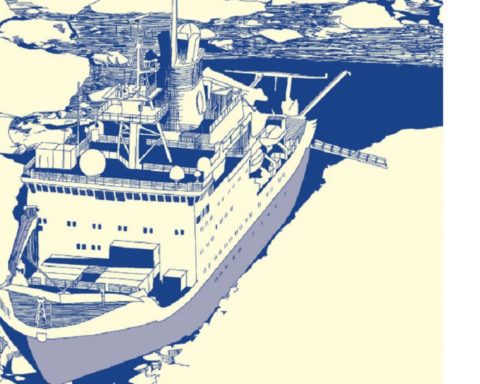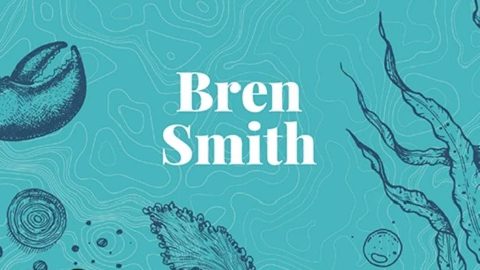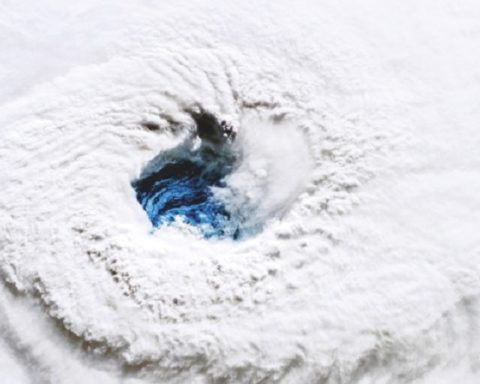Les menaces qui pèsent sur le monde ne cessent de s’alourdir : réchauffement climatique, épuisement des ressources, montée des inégalités, risques de conflit nucléaire, … Pourtant, nombreux sont les experts qui ont proposé un autre modèle de développement pour nos sociétés. Il est urgent de mettre en place un autre paradigme pour retrouver du sens.
Dans Le monde qui vient, l’auteur examine les raisons de cette aggravation, en montrant qu’elle est largement liée aux conditions dans lesquelles la globalisation néolibérale s’est développée dans le monde. Il invite à ne pas verser pour autant dans le catastrophisme.
Si la fin de notre monde actuel soumis à un marché dérégulé paraît inéluctable, des alternatives concrètes sont disponibles, à condition de réagir dès à présent et de retrouver des valeurs qui puissent reconstruire un « vivre ensemble ». Une telle démarche passe par la mise en place d’échanges économiques plus justes ne privilégiant pas la course aux profits, la refondation d’une vraie démocratie et la reconquête d’espaces de solidarité favorisant l’échange. Elle implique un renouveau en profondeur des mentalités et des modes d’arbitrage, pour redonner un sens à l’action collective. A l’heure actuelle, l’avenir n’est pas écrit et plusieurs futurs demeurent possibles. La poursuite du modèle actuel pourrait déboucher sur un effondrement écologique ou une ppost-démocratie oppressive. Il faut faire le pari que l’humanité saura changer de cap, pour surmonter les multiples défis auxquels elle est confrontée.
Tout en mettant en évidence l’impasse actuelle, l’ouvrage présente ainsi des propositions concrètes pour retrouver une issue. Un monde meurt mais quel monde va naître ?
Dans la première partie de l’ouvrage (I – La crise du sens), la question d’un avenir porteur de sens est abordée à partir d’un diagnostic de la crise profonde qui affecte le monde, au terme d’un parcours étroitement lié au destin de la civilisation occidentale.
Les facteurs susceptibles d’influencer l’évolution future de la société sont examinés dans une seconde partie (II – Les voies du changement). Le développement vertigineux de technologies numériques et de l’intelligence artificielle ouvre des opportunités remarquables, mais comporte aussi des risques majeurs. Il pourrait conduire l’humanité à l’abîme, s’il n’est pas accompagné de profondes mutations culturelles. C’est en s’ouvrant aux valeurs intérieures et en privilégiant l’intérêt général que la société sera capable de maîtriser le progrès technologique et d’éviter une Apocalypse finale.
Alexandre Rojey est l’auteur de nombreux ouvrages dans les domaines de la prospective, du développement durable et de l’énergie. Il anime, au sein de la Fondation Tuck, le think tank » IDées » qui vise à promouvoir un avenir durable dans le domaine de l’énergie, à partir d’une réflexion prospective et pluridisciplinaire, et enseigne dans ces différents domaines. Il est cofondateur et vice-président de l’association SENS+, a été directeur du développement durable à l’IFP, président d’ECRIN Energie et de l’association Cedigaz.
S’abonner
Connexion
0 Commentaires
Inline Feedbacks
View all comments

